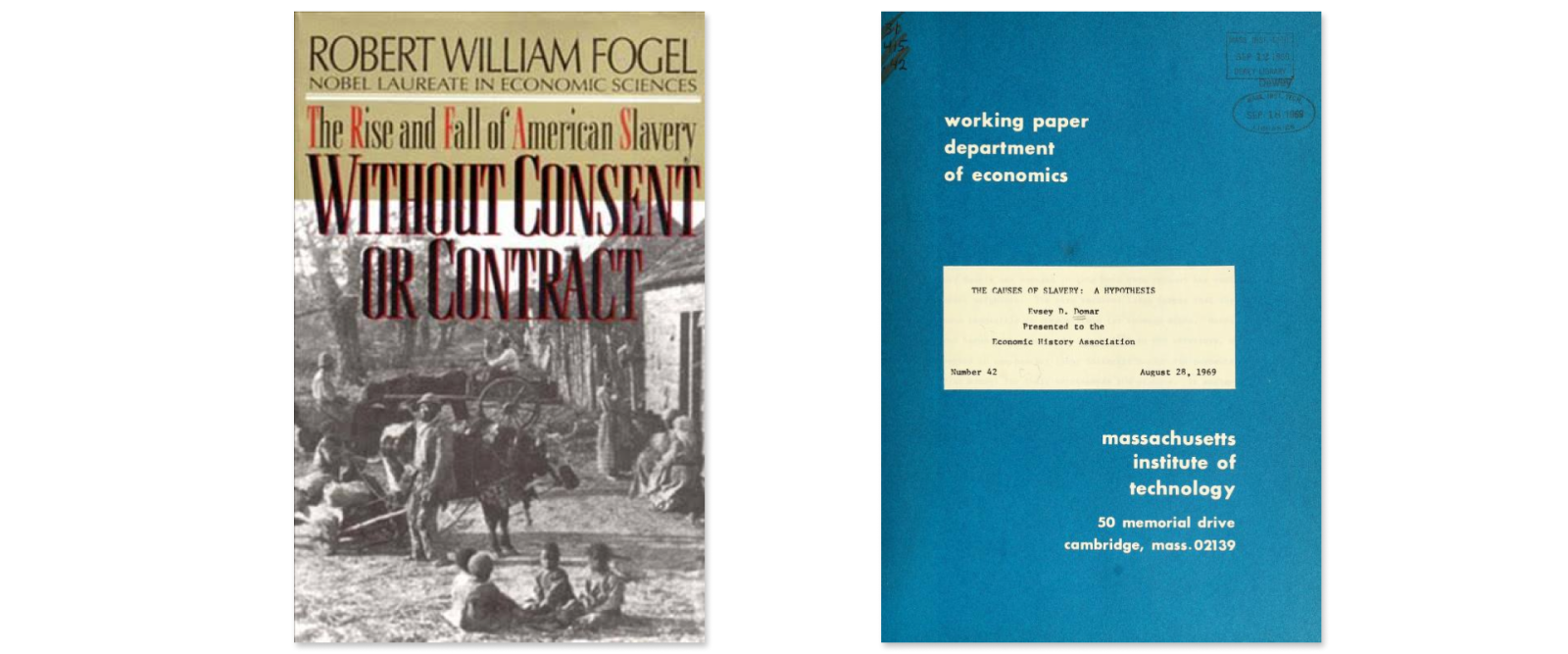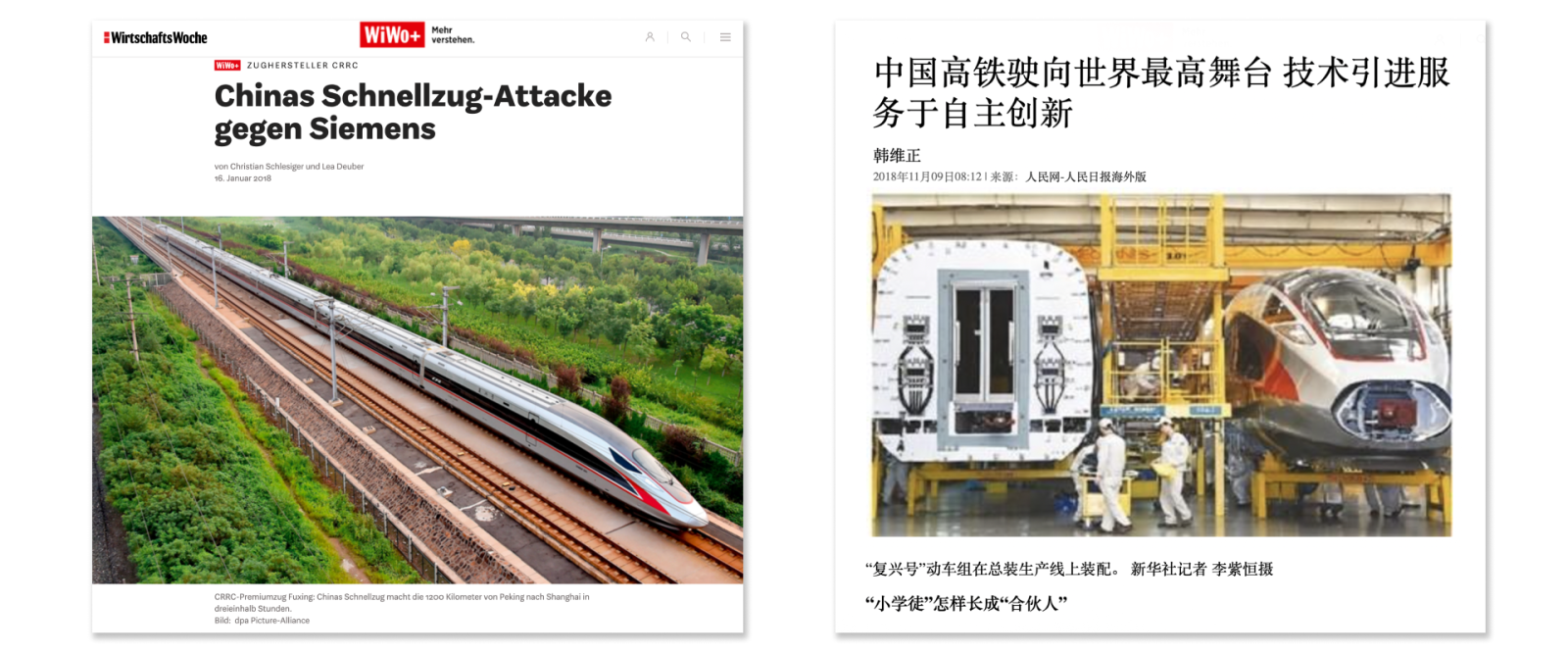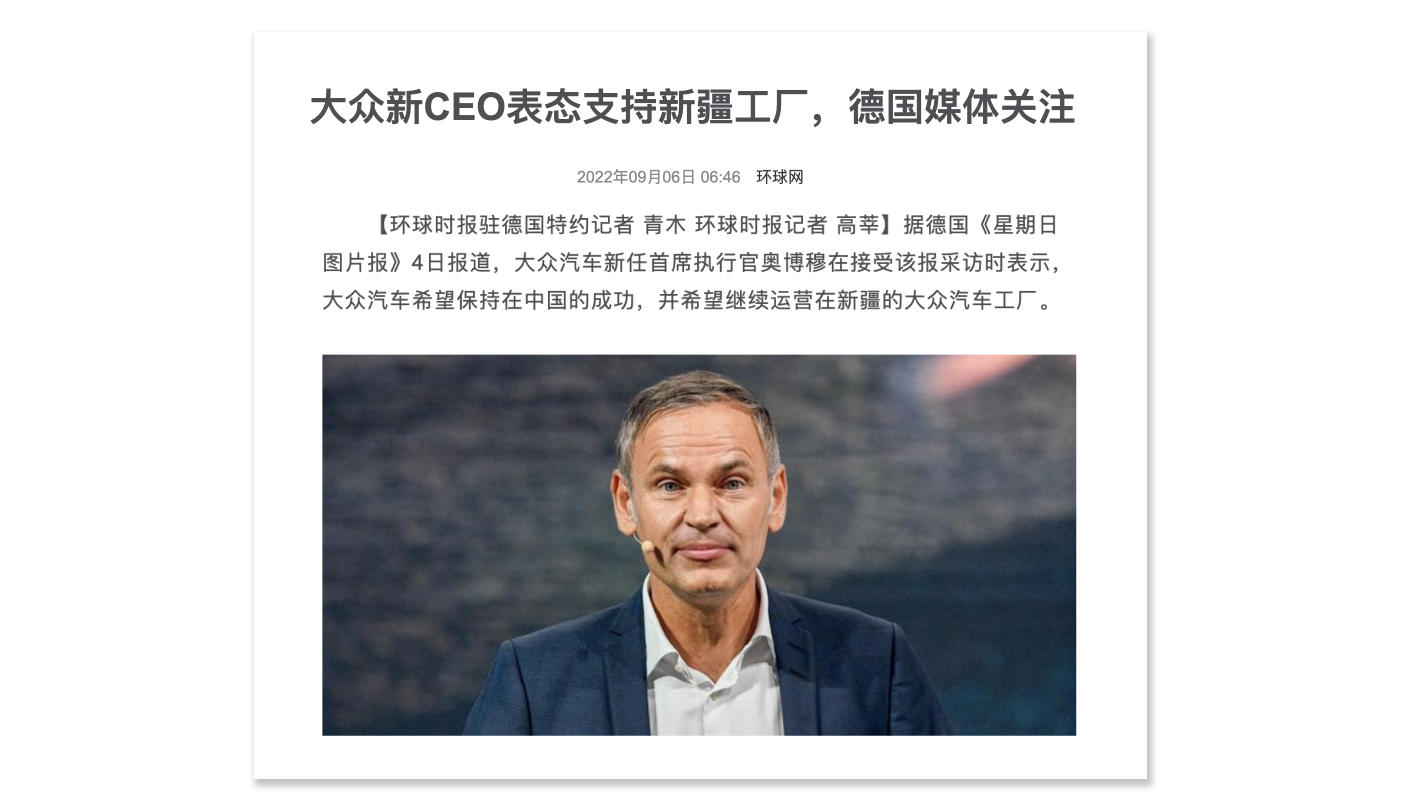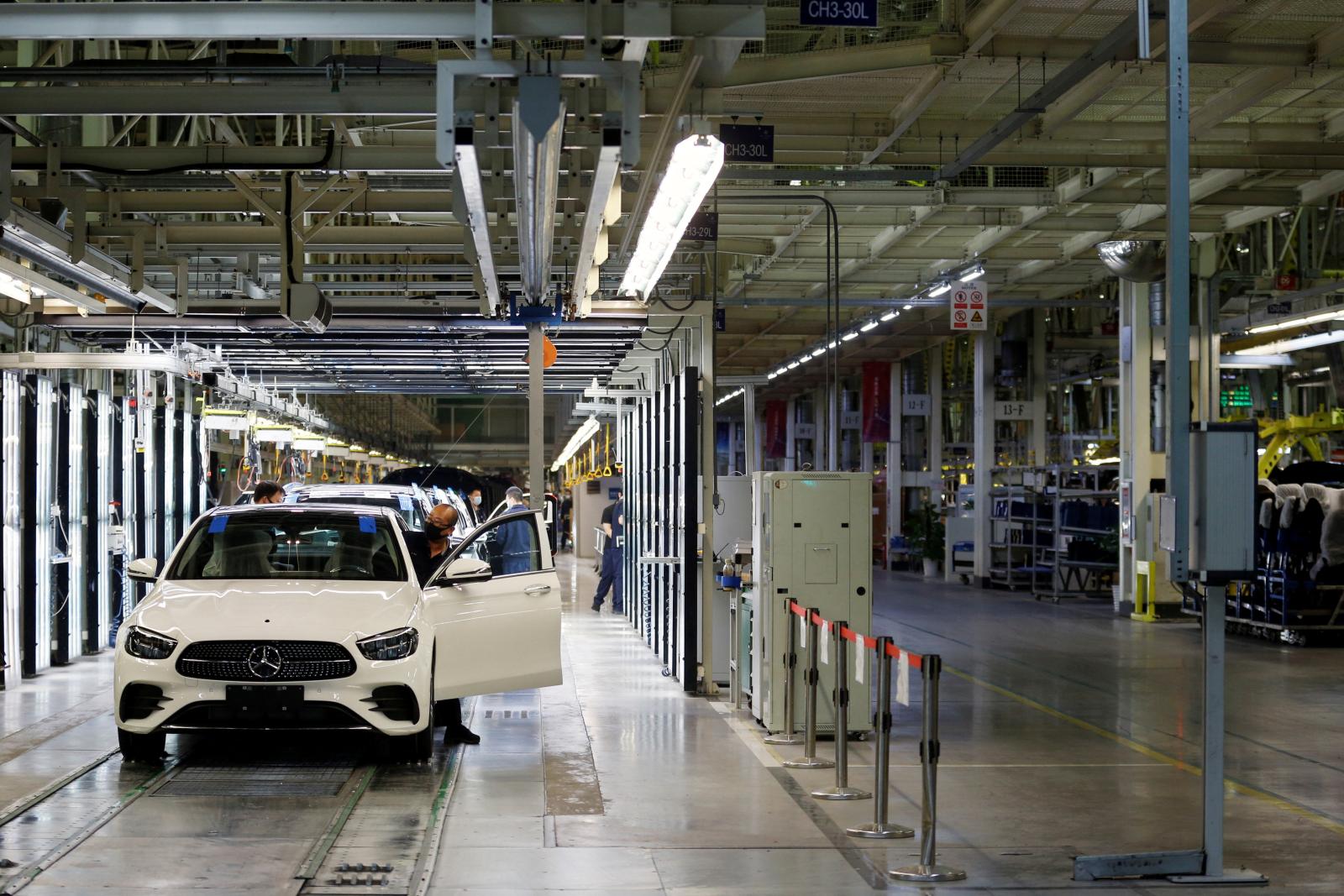
Qin Hui visited Schwetzingen and Heidelberg, Germany. Photo for Echowall by Liang Shixin.
Systemic Competition, “Low Human Rights Advantage”, and how to make a better Globalization
Chinese leading liberal intellectual Qin Hui speaks about the rise of autocratic powers in the wake of global economic interactions, the West's responsibility for this issue, and how to improve globalization to avoid a hard decoupling.
Quick Takes:
-
The free system's key competitive asset is its free people's creativity. When a slavery economy and a free economy develop independently, innovation makes the latter more competitive.
-
However, history has shown many examples of the competitiveness of a country with low human rights standards. Innovative technologies can quickly be transferred via trade and investment into the country when integrated with the global economy.
-
“Change through Trade” is untenable, as the middle class does not necessarily support democracy, and markets and private businesses can exist under an autocratic system.
-
The German economy is shaped by transnational corporations that often have agency problems: top managers content themselves with short-term goals, which might negatively impact in the long term, as Germany's high-speed rail sector demonstrates.
- To make globalization more equitable and sustainable, the West has to take concrete actions to ensure principles such as labor standards, environmental standards, and NGO standards while doing business with China.
Interview with Professor Qin Hui
Qin Hui is a well-known historian and economist and a former professor of history at Tsinghua University in Beijing. He is now on the faculty at the Chinese University of Hong Kong.
The competitiveness of slavery
Echowall: Professor Qin, more than a decade ago, before the financial crisis had even erupted, you laid out your concept of China’s “comparative low human rights advantage”, arguing that besides its traditional ‘advantages’ of having a low salary and low welfare levels, China’s weak human rights had allowed it to depress the prices of human labor, land, and natural resources - the key factors of production. You concluded that China was shockingly competitive thanks to globalization. Developed countries, in contrast, had to deal with capital exiting, products coming in, and industry structures shifting. So nowadays, European decision-makers are anxiously talking about “Systemic Competition with China.” But how did you identify this tendency back then?
Qin Hui: When China was getting ready to join the WTO in 2000, there was a flurry of discussion at home – there was much more freedom to discuss things in China back then. There were two diametrically opposed camps: the liberal camp, which was happy about China joining the WTO since they thought the existing Chinese system was uncompetitive and could only exist under closed-off conditions – if things were opened up, they would be crushed by capitalist competitors. Being the ‘liberal camp,’ they, of course, wanted that kind of thing to happen, so they were very supportive of joining the WTO. They thought it would catalyze reforms.
Others supported the Chinese system and were very much against WTO entry, going as far as to castigate China’s negotiating team, who they thought was bringing about certain ruin (meaning for the Chinese system). I, of course, was on the liberal side of the divide. Still, I wasn’t particularly hopeful about the liberal political changes the WTO would bring . In fact, I thought, it might make the Chinese system more competitive.
Fast forward to 2004-5, China’s trade surplus was ballooning, growing at 30-40% annually, and GDP growth was doubled. That was China’s second collossal growth spurt, and I had issues with it. I had seen similar things in history; in a later essay, I talked about Robert Fogel’s take on efficiency in the slave-owning US south before the Civil War. Fogel was a disciple of the Russian-American economist Evsey Domar who had applied the same theory to the Russian economy earlier. Russia started to globalize after the 16th-17th centuries; as Western European capitalism evolved, demand increased for Russia’s produce, leading to a significant trade surplus spearheaded by strong agricultural exports. Russians, for their part, were too poor to afford Western European items, so the West was buying this Russian produce with hard currency.
These huge exports made the Russian serf system more and more entrenched. Feudal manors were in a position to supply large amounts of produce for export, which free peasants couldn’t; free peasants consumed a considerable proportion of their crops, and it was also challenging for the state to collect crops from the latter for export. Domar argued that with ‘low human rights’ and globalization, the Russian serf system of the day was highly competitive. Granted, Evsey Domar was making this a theoretical point. On the other hand, in Robert Fogel’s time, econometrics was taking off as a discipline. He used what we’d now refer to as extensive data analysis to make the same point about the Antebellum South. But for me, that’s not enough to prove that low human rights makes a place productive. There was a serfdom system in the Middle Ages in Western Europe too, and slavery was practiced in Africa. Still, there needs to be a clear comparative advantage in both of those cases. Many people came back at me saying that China had weak human rights during the Cultural Revolution. Where was the comparative advantage there? North Korea has weak human rights right now. Where’s their comparative advantage? The way I see it, low human rights on their own don’t give you one. When I say ‘comparative advantage’ here, I mean it empirically, not as any value judgment. I never said that low human rights were a good thing, but it’s a kind of competitiveness, isn’t it?

Left: Book cover Without Consent or Contract: The Rise and Fall of American Slavery, 1994 by Robert William Fogel. Right: Screenshots of The Causes of Slavery: A Hypothesis, 1969 by Evsey Domar.
When the two are in isolation, i.e. supposing a free economy and a slavery economy develop independently, the free economy is, of course, more competitive. A free economy’s key competitive asset is the creativity of its free people. The low human rights advantage can’t make up for this since, to innovate, you need freedom. The key comparative advantage isn’t about how many hours you toil away at your backbreaking job but about how you innovate. Low human rights suppress innovation, so that’s never going to be their advantage. But now, suppose a low-human-rights country and a high-human-rights company are on the same open market playing field. The high-human-rights country’s innovative advantage quickly gets transferred to the low-human-rights country via trade, investment, etc.
Meanwhile, the low-human-rights country’s kind of labor hierarchy and forced primitive accumulation are things that the high-human-rights country can’t replicate. So you end up with a ‘competitiveness’ for the low-human-rights country. This isn’t something I invented, and it’s not hard to understand how it works.
Echowall: So when you have that kind of economic exchange going on, by what specific means does bad money end up driving out the good?
Qin Hui: With this kind of economic interaction, it’s a good thing for GDP on both sides, but not so good when it comes to how the gains are distributed. Suppose, for example, we believe in market economy theory, which means labor and capital prices are a function of their scarcity or oversupply. If capital from a high-human-rights country all gets invested in a low-human-rights country, it ends up coming back in the form of cheap products. It’s actually cheap labor flowing back, cheap labor displacing high-human-rights labor. This means the winners and losers are more and more uneven in the high-human-rights country; to put it in simple terms, where capitalists once didn’t mess the workers and their unions around, nowadays, capitalists have got a fallback position. They can go off to where there aren’t any trade unions, places where they can hire slave labor, and run sweatshops. What bargaining power do the trade unions have, then? And that can actually be a vicious cycle because when the industry moves, so does the tax base. Meanwhile, excess labor makes unemployment go up, and that raises the demand for social welfare.
Of course, when I talk about the low human rights comparative advantage, I mean one that exists between systems. It’s not about the country’s own interest and certainly not about the people’s own interests. Being Chinese, of course, I want to see China’s rise, granted, but I don’t want to see the rise of this kind of system. And that’s something people of all stripes can understand very easily, I think. For example, Mao Zedong was implacably anti-Soviet back at one point, he even wanted to ally with the US against the USSR, but he had a lot of time for the Soviet system. He was constantly up in arms about Soviet revisionism because he thought the Soviets were trying to change their system. Mao Zedong was a bigger fan of the Soviet system than the Soviets themselves, but it didn’t stop him from being anti-Soviet. So in my case, if I’m a big fan of China it doesn’t mean I don’t have concerns about the current Chinese system. The same logic applies.
The West’s Deals with “Systemic Competitors”
Echowall: You said a long time ago that one can’t just blame China for the problems of globalization we are facing today. Western countries must bear some responsibility too. Can you tell us how Western countries, specifically, have exacerbated the trend?
Qin Hui: Both sides made up their minds to globalize. The tendency for the West to profit from the rise of not just China but the whole authoritarian sphere is basically to use Lenin’s words, “the capitalists giving us the rope with which we will hang them.”
The tendency for the West to profit from the rise of not just China but the whole authoritarian sphere is basically to use Lenin’s words, “the capitalists giving us the rope with which we will hang them.”
At the start of the 1930s the USSR economy was in a bad state – it certainly had no appeal for the West. And there was the Great Famine from 1931-33, mirrored the one that occurred in China around 1960. But things changed very fast after that, one primary reason being the Great Depression in the West starting in 1929, leading to what we’d now call industrial overcapacity in their case. Much of the West’s capacity moved to the USSR. Soviet industrialization in the 1930s was about absorbing Western excess capacity, with which the low-human-rights Soviet Union was able to industrialize at breakneck speed. Now, this, of course, was an economic crisis for the West, and some systemic issues arose there. In a globalizing world, competition between systems is, of course, partly about how each system itself is doing, but it’s also about how well the competitors are doing. When your competitor is in crisis, you might be able to cover up your own turmoil and vice versa.
Now when it comes to being able to cover up crises, the Soviet system was, of course, better at it than democracies. From 1930-33 the West may have been in an economic crisis, but they didn’t have mass starvation; meanwhile, there were mass deaths from hunger in the USSR, but the world didn’t know about it. People knew about the crisis in the West. So you had the USSR experiencing mass deaths from starvation but simultaneously industrializing at warp speed. Of course, when I talk about the West’s responsibility here, it’s in comparative terms between systems.

Starved peasants on the street in Kharkiv, 1933. Image by Alexander Wienerberger available at Wikimedia Commons under CC license.
“Change through Trade” is Untenable
Echowall: The watchword in German politics and business for a long time has been “change through trade” (Wandel durch Handel), by which people mean when developed countries trade with autocracies, the latter’s economies progress, the middle class gets bigger, and it inevitably brings about a democratic transition. How would you respond to that?
Qin Hui: Well it would be understandable if it was Americans getting that idea. The biggest problem with it being a German idea is this: how do you explain how the Weimar Republic led to the Third Reich? Assuming the middle class will always be anti-dictatorship, no, that’s not a given.
Ideologically some people in the West might be against communism because they believe that economic nationalization and a planned economy are sufficient conditions for political autocracy. I think that’s a highly problematic assumption. There are just so many examples of dictatorships or authoritarian systems not resorting to planned economies or nationalization.
Siemens and China's High-Speed Railway
In 2004, China's Ministry of Railways launched a large tender to make high-speed trains. Foreign companies in the bidding had to form joint ventures, with mandatory technology transfer to their Chinese partners. As a People’s Daily article (screenshot on the right) stated: "China's approach was to be monolithic while letting foreigners compete with each other so that we could negotiate from the driver’s seat".
“The game with Siemens was, in particular, a good story”, People’s Daily went on, “Siemens reduced the technology transfer fee from 390 million euros proposed in 2004 to 80 million euros in 2005”, “a legendary negotiation that was introduced in the economics course textbook of Stanford University in 2008”.
First of all, China. From the first emperor Qin Shi Huang right down to the Qing dynasty, China was always autocratic, without a planned economy. Even in Nazi Germany, though you had heavy state interference in the economy, they didn’t have public ownership. Under the Nazis the economy was what you call dirigiste, but it wasn’t a planned economy. Dirigiste means you’ve got private businesses. You’ve got a market. Both of these are manipulated by the state, but they don’t set up large numbers of state-owned enterprises.
Will increasing international business links definitely result lead to growth for China’s domestic market and private businesses? Definitely so in the first 20 years of China’s Reform era, but it isn’t a given nowadays. The big foreign companies, including German ones, are mainly trading with Chinese SOEs now. The most famous example is the high-speed rail network: people talk about there having been forced technology transfers, but Siemens denies it. They say they did it voluntarily. “Voluntarily”, yes, but they were dealing with a monopoly.

Left: Screenshot of a report by WirtschaftsWoche titled “China's express train attack against Siemens” talks about the train manufacturer CRRC from China wanting to conquer Germany and Europe. Right: Screenshots of a report by People's Daily Online titled “China's high-speed rail is heading for the world's highest stage, technology introduction serves independent innovation” with the subtitle “ How a ‘little apprentice’ grows into a ‘partner’”.



